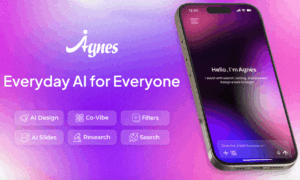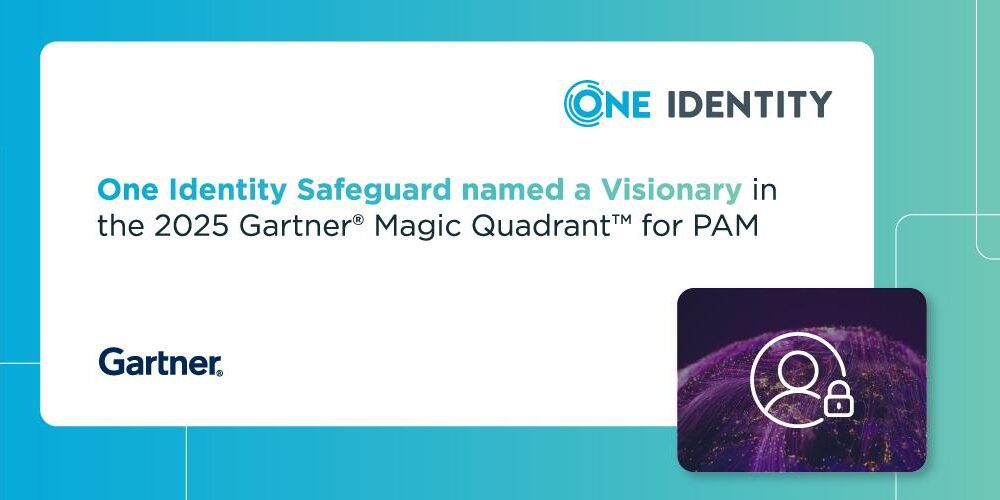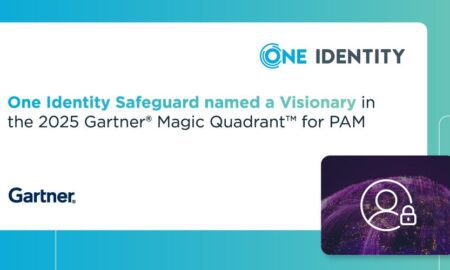In the digital age, where information is abundant and competition is fierce, businesses are constantly seeking innovative ways to connect with customers and stand out in the crowd. One of the most significant game-changers in the world of marketing is Artificial Intelligence (AI). AI marketing is not a futuristic concept; it’s a present reality that is reshaping how businesses engage with their audience. In this article, we’ll explore nine ways AI marketing can transform your business, complete with real-life examples and tools to help you harness the power of AI.
What is AI Marketing?
Before delving into the specifics, let’s clarify what AI marketing entails. AI marketing refers to the use of artificial intelligence to automate, optimize, and enhance various aspects of marketing. It leverages data-driven insights gathered by AI to make informed decisions, thereby improving overall marketing strategies.
How is AI Used in Marketing?
AI has the potential to impact nearly every industry, but some are more significantly affected than others. Industries that heavily rely on data-driven decision-making and customer engagement, such as retail, healthcare, hospitality, and education, are likely to experience the most significant transformation due to AI in marketing. AI can personalize product recommendations, improve patient care, detect fraud, and optimize advertising campaigns, among other
AI has already permeated many facets of marketing, often without consumers even realizing it. Here are some common examples of AI in marketing:
1. Personalized Recommendations
Imagine receiving product recommendations tailored specifically to your preferences and needs from an online retailer. This is a classic example of AI marketing. AI algorithms analyse your past purchases and browsing history to suggest products you’re likely to be interested in.
2. Optimizing Search Results
AI plays a crucial role in optimizing search engine results. It helps search engines understand user intent and deliver more relevant search results. This is especially important for businesses aiming to improve their online visibility.
3. Dynamic Content Creation
AI enables the creation of dynamic content that adapts to the viewer’s preferences or circumstances. For instance, websites can use AI to display different content to different visitors, increasing engagement and conversion rates.
4. Chatbots and Virtual Assistants
AI-powered chatbots and virtual assistants have become invaluable for providing real-time customer support and personalized assistance. They interact with customers, answer inquiries, and even send tailored advertising messages.
5. Voice Search Optimization
With the rise of voice assistants like Siri and Alexa, optimizing content for voice search is essential. AI helps marketers identify and incorporate voice-specific keywords and produce conversational content that resonates with voice search users.
6. Social Media Targeting
AI enhances social media targeting by analysing customer data and creating targeted campaigns. Marketers can identify customer preferences, interests, and behaviours to create content that maximizes engagement and conversions.
7. Augmented Reality (AR)
AR technology allows marketers to create immersive experiences that blend the physical and digital worlds. Customers can visualize products in their own environment before making a purchase, enhancing the shopping experience.
8. Feedback Analysis
AI-powered sentiment analysis enables marketers to analyse customer feedback and online mentions. This helps businesses understand customer sentiment, identify pain points, and improve products and services accordingly.
9. Fraud Detection and Prevention
AI-powered algorithms detect and prevent fraud in e-commerce transactions. They analyse customer data and transaction patterns to identify suspicious behaviour and protect businesses and customers from fraudulent activities.
WhatsApp Chatbots
WhatsApp is emerging as a powerful platform for digital marketing and commerce. Implementing WhatsApp chatbots powered by AI can enhance customer support and streamline marketing efforts. These chatbots provide quick and personalized responses to customer inquiries, reducing service costs and increasing efficiency.
Today, marketing agencies are increasingly becoming chatbot resellers, offering AI support to clients for a comprehensive marketing experience. To stay competitive, businesses should consider leveraging WhatsApp chatbots to connect with customers effectively.
The Future of AI in Digital Marketing
AI has already transformed the marketing landscape, and its role is only expected to grow. Machine learning algorithms are scanning vast amounts of data from sources like customer feedback, social media, and web analytics. AI helps businesses analyse customer behaviour, increase engagement, detect churn tendencies, anticipate purchase preferences, predict future trends, personalize marketing campaigns, increase conversion rates, and enhance ad targeting.
While AI marketing has transformative potential, it’s essential to address some key questions and concerns. Will AI replace human marketers in the future? The answer is nuanced. While AI can automate repetitive tasks, provide insights, and analyse vast amounts of data, it cannot replicate human creativity, intuition, and empathy. AI and human marketers can complement each other, with AI handling data-driven tasks while humans focus on strategy and creativity.
In essence, AI simplifies complex marketing tasks, allowing businesses to connect and engage with customers more effectively. It’s a revolution that promises to reshape the future of digital marketing.
Benefits of Using Generative AI in Marketing
The adoption of AI in marketing also raises ethical concerns. These include privacy issues, biases in algorithms, lack of transparency, potential manipulation, and concerns about job displacement. To address these concerns, businesses must prioritize ethical practices, use unbiased algorithms, be transparent about data collection and use, and ensure that AI does not lead to negative social impacts.
Generative AI is rapidly gaining ground and offers several benefits to marketers. Here’s how marketers can leverage Generative AI:
Content Creation
Generative AI streamlines content creation by automating tasks such as generating text, images, videos, and music. It simplifies the process and ensures a consistent output of high-quality content.
Enhancing Search Engine Optimization (SEO)
Generative AI can analyse vast amounts of customer data to identify patterns in behaviour. This data helps marketers identify high-ranking keywords and optimize their SEO strategies for better search engine visibility.
Saving Time and Resources
By using AI for time-consuming tasks like content creation and data analysis, marketers can save valuable time and resources. This allows for better results and the ability to focus on more strategic aspects of marketing.
Top 5 AI Marketing Tools
To effectively implement AI marketing strategies, businesses can leverage a variety of AI marketing tools. Here are five noteworthy options:
- HubSpot:
HubSpot offers an AI-powered marketing platform that includes features like email marketing, social media scheduling, lead nurturing, and analytics. It uses AI to help with content optimization, lead scoring, and personalized recommendations.
AdRoll:
AdRoll is an AI-driven advertising platform that specializes in retargeting and personalized advertising campaigns. It uses AI to analyse user behaviour and deliver relevant ads across various channels.
Pardot (by Salesforce):
Pardot is a marketing automation platform that incorporates AI and machine learning to help marketers streamline their campaigns. It provides features like lead scoring, email marketing automation, and predictive analytics.
Optimizely:
Optimizely is an AI-powered experimentation platform that helps marketers optimize website experiences and digital campaigns. It allows A/B testing and multivariate testing to determine the best-performing content and designs.
Chatfuel:
Chatfuel is an AI chatbot platform that allows businesses to create and deploy chatbots for customer support, lead generation, and marketing automation. These chatbots use AI to engage with customers in real-time and provide personalized responses.



































